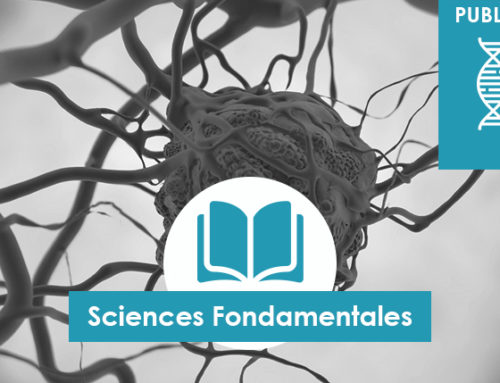Pembrolizumab in soft-tissue sarcomas with tertiary lymphoid structures: a phase 2 PEMBROSARC trial cohort
Nature Medicine, mai 2022.
A. Italiano , A. Bessede, M. Pulido, E. Bompas , S. Piperno-Neumann, C. Chevreau, N. Penel, F. Bertucci, M. Toulmonde, C. Bellera, J. P. Guegan, C. Rey, C. Sautès-Fridman , A. Bougoüin, C. Cantarel, M. Kind, M. Spalato, B. Dadone-Montaudie, F. Le Loarer, J. Y. Blay and W. H. Fridman
https://pubmed.ncbi.nlm.nih.gov/35618839/
Abstract
Immune checkpoint inhibitors (ICIs) show limited clinical activity in patients with advanced soft-tissue sarcomas (STSs). Retrospective analysis suggests that intratumoral tertiary lymphoid structures (TLSs) are associated with improved outcome in these patients. PEMBROSARC is a multicohort phase 2 study of pembrolizumab combined with low-dose cyclophosphamide in patients with advanced STS (NCT02406781). The primary endpoint was the 6-month non-progression rate (NPR). Secondary endpoints included objective response rate (ORR), progression-free survival (PFS), overall survival (OS) and safety. The 6-month NPR and ORRs for cohorts in this trial enrolling all comers were previously reported; here, we report the results of a cohort enrolling patients selected based on the presence of TLSs (n = 30). The 6-month NPR was 40% (95% confidence interval (CI), 22.7-59.4), so the primary endpoint was met. The ORR was 30% (95% CI, 14.7-49.4). In comparison, the 6-month NPR and ORR were 4.9% (95% CI, 0.6-16.5) and 2.4% (95% CI, 0.1-12.9), respectively, in the all-comer cohorts. The most frequent toxicities were grade 1 or 2 fatigue, nausea, dysthyroidism, diarrhea and anemia. Exploratory analyses revealed that the abundance of intratumoral plasma cells (PCs) was significantly associated with improved outcome. These results suggest that TLS presence in advanced STS is a potential predictive biomarker to improve patients’ selection for pembrolizumab treatment.




